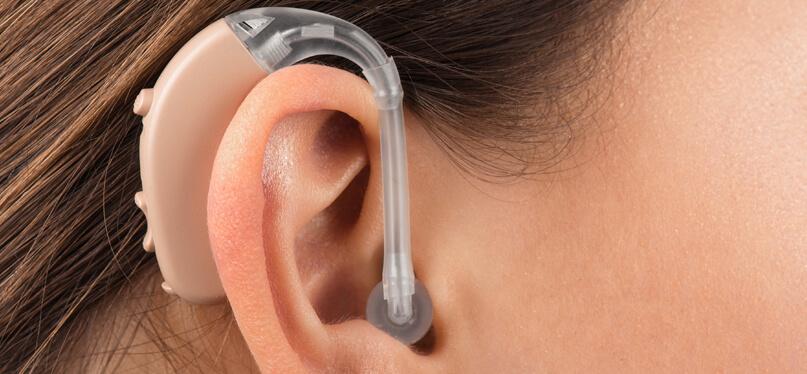
While the Over-the-Counter (OTC) Hearing Aid Act of 2017 may additionally place hearing aids within the fingers of folks who want them, a current examine observed that it misses the other crucial piece of the most fulfilling listening to final results puzzle—better hearing care offerings, specifically for the elderly. Researchers from the Johns Hopkins Bloomberg School of Public Health and the Johns Hopkins University School of Medicine analyzed data from the 2013 Medicare Current Beneficiary Survey to discover how well hearing useful resource customers aged sixty-five and above get entry to listening to care services tool fittings and protection.
Their findings showed that profits determined whether a patient sought and received hearing care provider: Those dually eligible for Medicaid had forty-one percentage decrease odds of using hearing care offerings, with seventy-one percent of listening to aid users within the lowest earnings class reporting not receiving hearing care services within the previous yr. This translated into bad listening to effects: 27 percent of low-earnings Medicare beneficiaries said having some problem hearing with their aids compared to 11 percent of those with high profits.

The great, wide variety of older adults with listening to loss highlights how essential it’s far for this populace to enjoy the proper use of listening to generation: Two-thirds of adults over 70 years antique have clinically meaningful listening to loss, and the overall occurrence of hearing loss will increase with age. The hearing gadgets and the audiology offerings needed to match them are particularly excluded from Medicare coverage. Medicaid does offer a few insurances for decrease-income elderly human beings with hearing loss, but that coverage is a ways from comprehensive even inside the 28 states.
The imminent OTC Hearing Aid Act adds some other layer of urgency, said Amber Willink, a look at authors. “As listening to care offerings grow to be similarly separated from the sale of listening to gadgets, fewer people may get admission to those offerings to the viable detriment of their hearing and health,” she said. Willink and her look at co-writer Nicholas Reed, AuD, talked about the importance of this take a look at and the way audiologists may be a part of the alternate needed to improve hearing effects for elderly patients.







